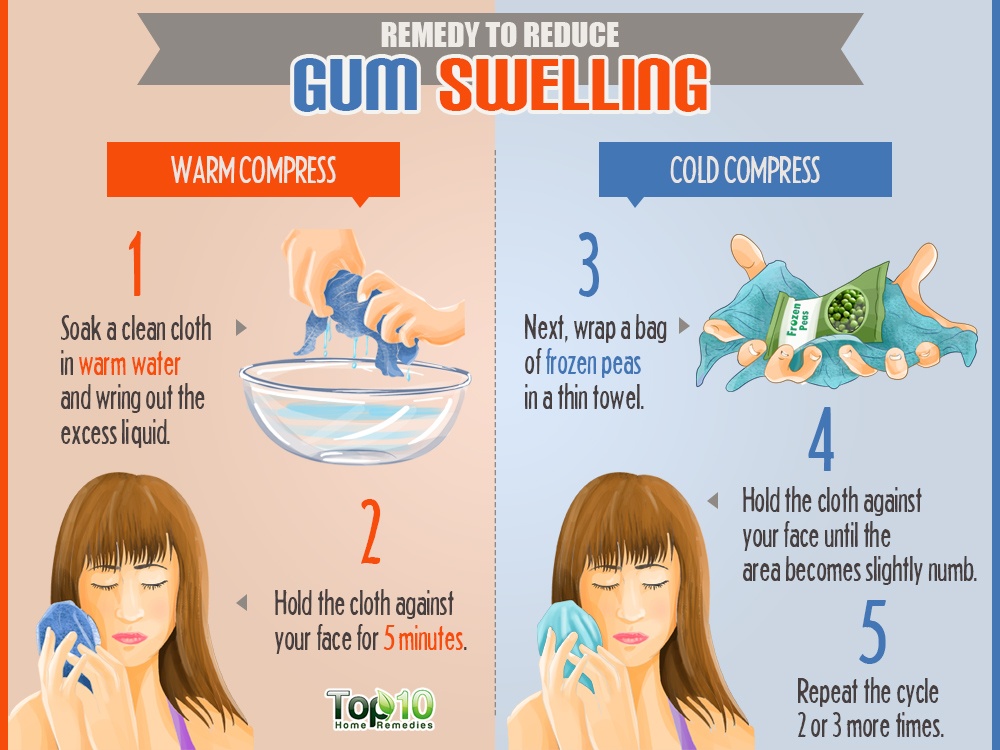Bleeding Gums After Flossing: Heal Fast
The dreaded sight of blood after flossing - it’s a common phenomenon that can be alarming, especially if you’re new to flossing or have sensitive gums. However, in most cases, bleeding gums after flossing are not a cause for concern and can be easily healed with proper care and attention. In this article, we’ll delve into the reasons behind bleeding gums, explore ways to heal them quickly, and provide valuable tips on how to prevent future occurrences.
Understanding Why Gums Bleed After Flossing
Before we dive into the healing process, it’s essential to understand why gums bleed in the first place. There are several reasons why you might experience bleeding gums after flossing:
- Gingivitis: This is the most common cause of bleeding gums. Gingivitis is a mild form of gum disease that occurs when plaque and bacteria accumulate on your teeth, causing your gums to become inflamed and bleed easily.
- Poor Flossing Technique: If you’re flossing too aggressively or using the wrong technique, you might be causing damage to your gums, leading to bleeding.
- Sensitive Gums: Some people have naturally sensitive gums, which can bleed more easily than others.
- Hormonal Changes: Hormonal fluctuations during pregnancy, menstruation, or menopause can affect your gums, making them more susceptible to bleeding.
Healing Bleeding Gums Fast: Expert-Approved Tips
Now that we’ve covered the reasons behind bleeding gums, let’s move on to the good stuff - healing them quickly and effectively. Here are some expert-approved tips to help you heal your bleeding gums fast:
- Improve Your Flossing Technique: Make sure you’re using the correct flossing technique to avoid damaging your gums. Use a gentle, zig-zag motion to guide the floss between your teeth, curving it around the base of each tooth in a “C” shape.
- Use a Soft-Bristled Toothbrush: A soft-bristled toothbrush can help remove plaque and bacteria from your teeth without irritating your gums.
- Rinse with Salt Water: Rinsing your mouth with warm salt water several times a day can help reduce inflammation and kill bacteria.
- Apply a Cold Compress: A cold compress can help reduce swelling and ease pain.
- Try a Desensitizing Toothpaste: If you have sensitive teeth and gums, try using a desensitizing toothpaste to help alleviate discomfort.
Preventing Future Occurrences: A Comprehensive Guide
Preventing bleeding gums is always better than treating them. Here are some valuable tips to help you prevent future occurrences:
- Floss Regularly: Flossing once a day can help remove plaque and bacteria from your teeth, reducing the risk of gingivitis and bleeding gums.
- Brush Your Teeth Correctly: Brushing your teeth at least twice a day with a fluoride toothpaste can help remove plaque and bacteria.
- Use an Antibacterial Mouthwash: An antibacterial mouthwash can help kill bacteria and reduce inflammation.
- Visit Your Dentist Regularly: Regular dental check-ups can help identify any oral health issues early on, reducing the risk of bleeding gums and other complications.
Frequently Asked Questions
How long does it take for bleeding gums to heal?
+Bleeding gums can heal within a few days to a week with proper care and attention. However, if the bleeding persists or worsens, it's essential to consult with your dentist to rule out any underlying oral health issues.
Can bleeding gums be a sign of a more serious issue?
+Yes, bleeding gums can be a sign of a more serious issue, such as periodontitis or gum disease. If you experience persistent bleeding, swelling, or pain, it's essential to consult with your dentist to determine the underlying cause and receive proper treatment.
How can I prevent bleeding gums while flossing?
+To prevent bleeding gums while flossing, use a gentle, zig-zag motion to guide the floss between your teeth, curving it around the base of each tooth in a "C" shape. Avoid snapping or forcing the floss, which can cause damage to your gums.
By following these expert-approved tips and taking preventive measures, you can heal your bleeding gums fast and maintain a healthy, beautiful smile. Remember, bleeding gums are a common issue that can be easily treated with proper care and attention. If you’re concerned about your oral health or experience persistent bleeding, it’s always best to consult with your dentist for personalized advice and treatment.


